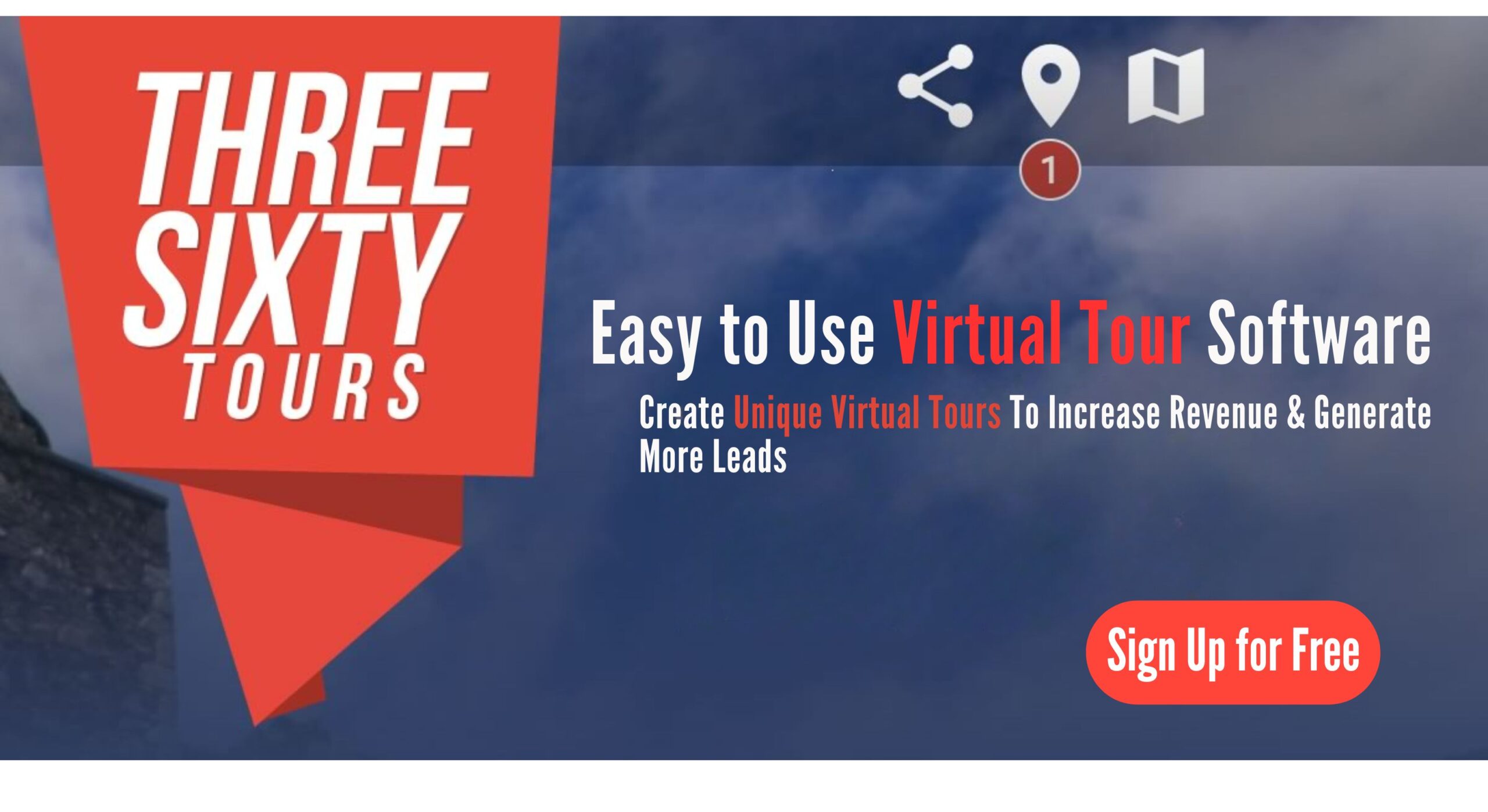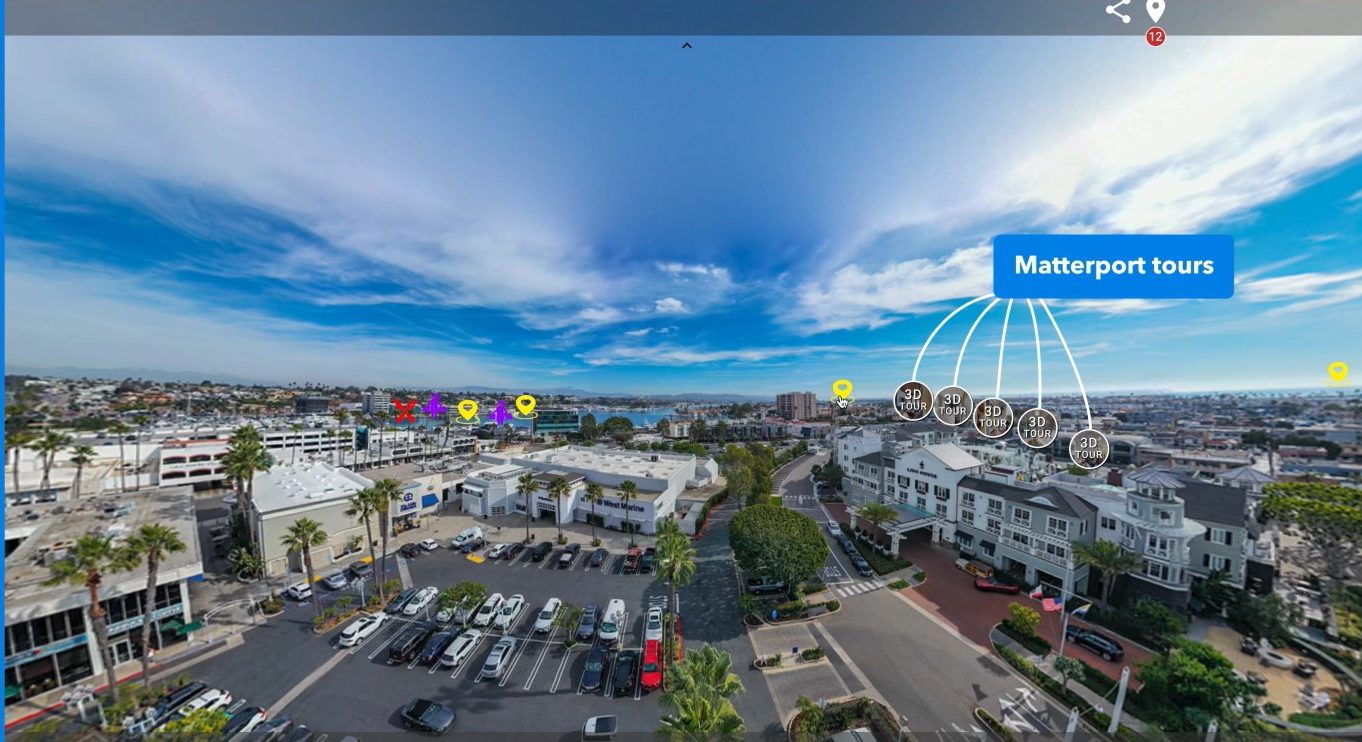best starter camera for photography
Best Starter Camera for Photography
I. Introduction
Getting into photography is exciting. Whether you’re a hobbyist capturing life’s moments or a real estate agent looking to elevate your listings, the right camera can make a huge difference. With so many options available, how do you choose the right one?
Your first camera matters. It shapes how quickly you learn and how creative you can be. It also affects your confidence behind the lens. In real estate, the right camera can create a strong first impression on buyers.
That’s why we created this guide. Our aim is to help you find a camera that fits your goals, budget, and skill level. Whether you’re snapping landscapes, shooting interiors, or creating immersive 360-degree virtual tours, we’ve got you covered. Let’s break it down.
II. Understanding Camera Types
Before making a purchase, it’s important to understand the different types of cameras available. Each type has its strengths and is suited to different needs.
-
A. Point-and-Shoot Cameras
- These are the simplest cameras out there.
- They’re compact, easy to use, and affordable.
Features:
- Built-in lens (you can’t change it)
- Automatic settings for focus, exposure, and lighting
- Lightweight and pocket-friendly
Pros:
- Great for beginners who want to start shooting right away
- Budget-friendly
- No need to learn complex settings
Cons:
- Limited manual controls
- Not ideal for professional-quality photos
- Lower image quality compared to other camera types
Best for: Casual users or travelers who want convenience over customization.
-
B. Mirrorless Cameras
- Favorite for beginners and pros alike.
- They strike a balance between quality and ease of use.
Features:
- Interchangeable lenses
- Electronic viewfinder or LCD screen
- Compact design
Pros:
- Lighter than DSLRs
- Excellent image quality
- Great for both photos and videos
- Fast autofocus
Best for: Real estate agents who want to create high-quality listings or 360-degree virtual tours.
-
C. DSLR Cameras
- Traditional powerhouse of photography.
- They’re bulkier but offer top-tier performance.
Features:
- Optical viewfinder
- Interchangeable lenses
- Manual and auto settings
- Large image sensors
Pros:
- Superior image quality
- Long battery life
- Tons of lenses and accessories
Cons:
- Heavier and larger
- Takes time to learn
- Higher upfront cost
Best for: Serious photographers or real estate marketers looking for a long-term investment.
III. Key Features to Consider
Not all cameras are created equal. Here are the features that really matter—especially if you’re using your camera for real estate or content creation.
-
A. Megapixels and Sensor Size
- Megapixels indicate how much detail your camera can capture.
- However, more isn’t always better; a 12–24 MP camera is often sufficient.
- Sensor size is even more important, as bigger sensors capture more light.
Common sensor sizes:
- Full-frame: Best quality, more expensive
- APS-C: Great for beginners
- Micro Four Thirds: Compact, decent quality
-
B. Lens Compatibility
- If you’re choosing a DSLR or mirrorless camera, consider the lenses.
- Why it matters:
- Different lenses are needed for various shots (wide-angle, portrait, fisheye).
- More flexibility as your skills grow.
- Some brands offer affordable lens options.
Planning to shoot 360-degree tours? Ensure your camera supports fisheye or panoramic lenses to upload content to Threesixty.tours easily.
-
C. Ease of Use
- As a beginner, choose a camera that isn’t overwhelming.
- Look for:
- Touchscreen controls
- Auto modes for different scenes
- Easy-to-navigate menus
- Manual settings for when you’re ready to experiment
A user-friendly camera: Helps you learn faster and enjoy the process more.
-
D. Video Capabilities
- If you’re shooting real estate walkthroughs or social media content, video is essential.
- 4K resolution
- Built-in or external mic support
- Image stabilization
- Frame rate options (30fps, 60fps)
Key features to look for include:
Some cameras even allow cinematographic footage, ideal for enhancing your listings.
IV. Budget Considerations
Let’s talk money. You don’t need to spend a fortune to get a great starter camera—but you do need to budget wisely.
-
A. Setting a Photography Budget
- Consider what you’re using the camera for.
- A hobbyist might be fine with a $400 setup.
- A real estate pro might benefit from investing $1,000 or more.
- Entry-level cameras range from $300 to $1,200.
Decide if this is a stepping stone or a long-term investment.
-
B. Cost Comparisons by Type
- Point-and-Shoot: $200–$500 – Great for casual use but limited in features.
- Mirrorless: $500–$1,200 – Perfect for beginners who want room to grow.
- DSLR: $600–$1,500 – Best for those who want professional-level quality and flexibility.
-
C. Additional Expenses
- Lenses: $100–$1,000+
- Memory Cards: $20–$100
- Camera Bag: $30–$100
- Tripod: $50–$200 (essential for real estate or 360-degree shots)
- Lighting Kit: $50–$300
- Editing Software: Adobe Lightroom or Photoshop (monthly subscription)
If you’re planning to create 360-degree virtual tours, you might also need a panoramic tripod head or stitching software. The good news? Platforms like Threesixty.tours simplify the process so you can focus on shooting.
V. Recommendations for Best Starter Cameras
Now that you know what to look for, here are our top picks by category.
-
A. Best Point-and-Shoot Cameras
-
1. Canon PowerShot G9 X Mark II
- 20.1 MP sensor
- Slim, pocketable design
- Built-in Wi-Fi
-
2. Sony RX100 VII
- 1-inch sensor for great image quality
- 4K video capabilities
- Fast and accurate autofocus
Best for: Casual photographers and travelers who want quality without complexity.
-
1. Canon PowerShot G9 X Mark II
-
B. Best Mirrorless Cameras
-
1. Sony Alpha a6100
- 24.2 MP APS-C sensor
- Real-time autofocus tracking
- 4K video and Wi-Fi
-
2. Fujifilm X-T200
- Retro look with touchscreen controls
- Great low-light performance
- Ideal for both photos and video
Best for: Beginners who want pro-level quality and flexibility.
-
1. Sony Alpha a6100
-
C. Best DSLR Cameras
-
1. Canon EOS Rebel T8i
- 24.1 MP APS-C sensor
- Dual Pixel autofocus
- Great for photos and video
-
2. Nikon D5600
- Articulating touchscreen
- Long battery life
- Excellent image quality
Best for: Aspiring pros or real estate agents who want room to grow.
-
1. Canon EOS Rebel T8i
-
D. Summary Based on Needs
- Casual Beginners: Canon PowerShot G9 X Mark II
- Real Estate Agents: Sony Alpha a6100 or Canon EOS Rebel T8i
- Aspiring Professionals: Fujifilm X-T200 or Nikon D5600
- 360-Degree Virtual Tours:
Cameras compatible with fisheye lenses, such as the Sony Alpha series or Canon DSLRs, work well with Threesixty.tours.
VI. Additional Tips for Photography Success
-
A. Learn the Basics
- Take time to learn the following basics:
- Exposure
- ISO
- Aperture
- Shutter speed
- There are many free resources online, like Digital Photography School, to help you get started.
-
B. Practice Often
- The best way to improve is to shoot regularly.
- Try different settings, subjects, and lighting conditions.
- The more you practice, the more confident you’ll become.
-
C. Use Editing Software
- Great photos often need a little polish.
- Tools like Adobe Lightroom or Snapseed can help enhance colors, fix exposure, and crop images to perfection.
-
D. Explore 360-Degree Content
- If you’re in real estate or tourism, 360-degree content can set you apart.
- Use your camera with panoramic accessories and upload content to Threesixty.tours to create immersive experiences that wow your audience.
VII. Conclusion
Choosing your first camera doesn’t have to be overwhelming.
Whether you’re a hobbyist, a content creator, or a real estate agent, there’s a perfect starter camera out there for you. We’ve covered the different camera types, key features, budget tips, and top recommendations.
Now it’s your turn to take the next step. Remember, the best camera is the one that gets you excited to shoot. With the right gear and tools—like Threesixty.tours—you’ll be on your way to capturing stunning photos and immersive virtual tours.
So go ahead—pick up your first camera and start telling your story, one frame at a time.


